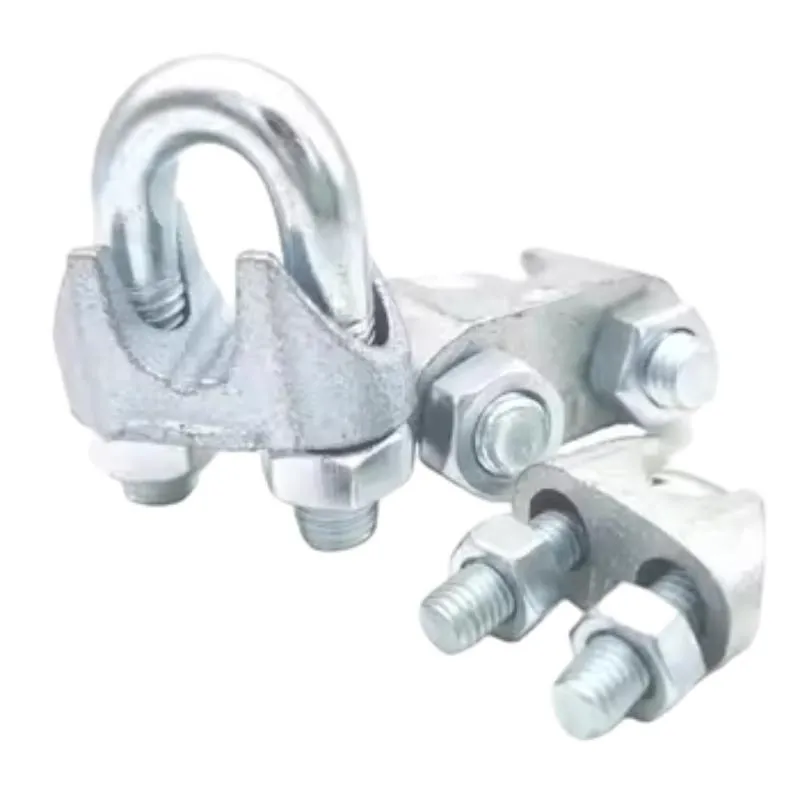Říj . 11, 2024 09:18 Back to list
m4 hex nut size
Understanding M4 Hex Nut Size A Comprehensive Guide
When it comes to fastening and assembly in mechanical and engineering applications, hex nuts play a pivotal role. Among the various sizes of hex nuts available, the M4 hex nut is one of the most commonly used. The nomenclature M4 refers specifically to the metric thread size, indicating a nominal diameter of 4 millimeters. This article aims to delve into the intricacies of M4 hex nut size, including its dimensions, applications, and compatibility with bolts, along with some practical considerations for usage.
Dimensions of M4 Hex Nut
The M4 hex nut is designed to fit bolts with a corresponding M4 thread size. Typically, the specifications for an M4 hex nut include
- Width across flats (WAF) Generally around 7 mm. - Thickness Approximately 3.2 mm. - Thread Pitch For M4, the standard pitch is 0.7 mm. - Inner Diameter The internal diameter of the nut, which corresponds to the bolt diameter, is typically around 4 mm.
These dimensions ensure that the M4 hex nut can snugly fit onto M4 bolts, providing a reliable grip and secure fastening capability while allowing for easy installation and removal.
Applications of M4 Hex Nuts
M4 hex nuts are widely used across various industries due to their versatility and strength. In electronics, you'll find them holding together components in machinery, securing circuit boards, and serving as reliable fasteners in device casings. Whether it's in consumer electronics like computers and appliances or industrial applications such as robotics and automation systems, M4 hex nuts play a vital role.
m4 hex nut size

In the automotive sector, M4 nuts are often utilized in small engines, interior components, and assembly of electronic parts within vehicles. Their compact size allows them to fit in tight spaces where larger fasteners cannot be accommodated. Furthermore, they are popular in DIY projects, hobbyist electronics, and even in 3D printing, where they provide a lightweight yet robust fastening solution.
Compatibility and Standards
It is important to note that M4 hex nuts conform to international standards such as ISO 4032 and DIN 934. This standardization means that M4 nuts can be reliably interchanged among various manufacturers, ensuring compatibility and performance consistency. When selecting M4 hex nuts, it is essential to consider the material—commonly made from stainless steel, carbon steel, or nylon—to match the environmental conditions and load-bearing requirements of your application.
Practical Considerations
When using M4 hex nuts, proper torque specifications must be adhered to. Applying too much torque can lead to stripping of the threads or damage to the nut or bolt, while insufficient torque can result in loose connections that may compromise the integrity of the entire assembly. It is advisable to use a torque wrench to achieve the required specifications.
Additionally, when assembling with M4 hex nuts, the use of washers is often recommended. Washers help distribute the load evenly and prevent damage to the surfaces being fastened, providing additional stability and reducing the risk of loosening over time.
Conclusion
In summary, the M4 hex nut is an essential and widely utilized component in countless applications, from electronics to automotive assembly. Its standardized dimensions and compatibility with M4 bolts make it an indispensable fastening solution. Proper knowledge regarding its specifications, applications, and installation practices will ensure optimal performance and reliability in any project. Whether you're a seasoned engineer, a DIY enthusiast, or a hobbyist, understanding the importance of the M4 hex nut can significantly enhance your fastening experience and project outcomes.


